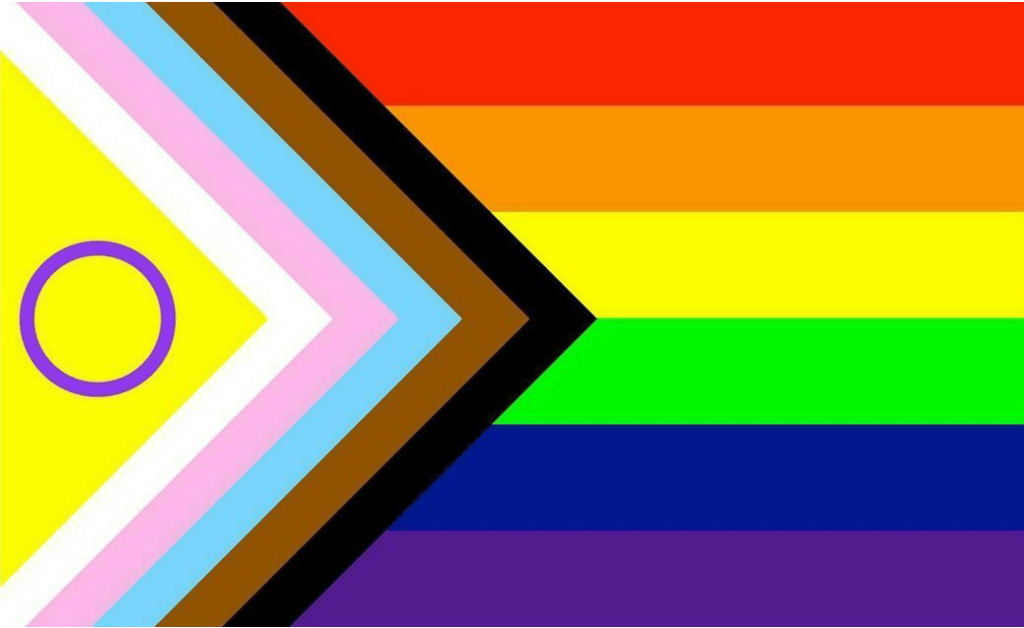How To Cope with Food Guilt
Guilt and shame are common emotions for someone who is struggling with an eating disorder. Guilt and shame can be described as ‘sibling emotions”, but they do have some distinct differences. Guilt is when you “feel bad or did something bad” and shame is “I did something bad, therefore I am bad”. Chronic feelings of guilt are no stranger to someone struggling with an eating disorder. Likely, this is an everyday emotion for someone who struggles with an eating disorder and can even last far into the recovery process. While we cannot just “get rid of” guilt, we can learn to better manage and tolerate it. On an evolutionary level, guilt and shame have evolved to help us be more connected. The world would be a scary place without guilt and shame. We need guilt, but we also need to recognize when our feeling of guilt is not justified and is rather coming from having an unhealthy relationship with food. Below are some helpful strategies to better cope with food guilt.
Do not label food:
When we label our food as either good or bad, it leads to us judging our food. Judging/labeling food can often lead to us feeling bad about ourselves and in turn feeling guilty. Work on not labeling food as good or bad and rather, practice food neutrality. All food provides nutrients, challenge diet culture labels about what to eat and not eat, and remind yourself food serves two purposes: for pleasure and nutrition! We can do this with emotions too, labeling feelings as good or bad, we can then feel guilty for having these “bad” feelings. Try to use the words that are not judgmental such as difficult feelings, or pleasurable foods, nutritionally dense foods, delicious foods and so on. Practice working on not judging yourself, your food choices, or the food itself. Work on being neutral about food or using positive descriptors of food such as “that looks like it tastes really good” or “I love the taste of ___”.
Dig a little Deeper:
As mentioned earlier, usually guilt with food is not really about the food at all and rather it’s usually about the fear of being judged by others or fear of disconnection. At the core of shame is the fear of disconnection, that if this person knows this about me, they may judge me or not want to be my friend and or be loved.
Understanding this deeper meaning into guilt and shame can help someone who is struggling with food guilt. We want to learn to dig deep such as “What really is going on other than feeling guilty about eating pizza?”. It likely is not really about the pizza, but rather the fear of weight gain and in turn judgment from others (i.e fear of disconnection) that is driving this guilt around eating pizza.
Challenge The Food Police:
Where did you learn about what foods you should or should not be eating? Work on challenging this voice that says there are certain food rules and foods you should or should not be eating. Recognize this likely comes from diet culture. Do not police yourself with you eat. Take an inventory of any rules you may have and work on letting these go.
Get Rid of The “Have to” with Eating:
Practice incorporating and choosing foods you like, rather than foods you think you should have or ones that don’t cause guilt. When you allow yourself to start having foods that often would trigger guilt, over time you will experience less guilt with these foods as you see that you can incorporate them and enjoy them. The more you avoid foods that trigger guilt, the more intense feelings of guilt you will have. You want to reject the diet mentality and allow yourself to have foods you truly enjoy, rather than following strict rules about what foods you “have to” eat.
Listen to Hunger and Fullness Cues:
Practicing honoring your body’s hunger and fullness signals rather than eating to a plate, calorie amount, or limiting your food intake. When you set rules and should statements about food you are going to feel guilty when you don’t follow them. You want to nourish your body with balanced food choices, but also have the freedom to choose foods you like and enjoy eating. Work on eating when you are hungry and stopping when you are full. Dieting and eating disorders encourage someone to not listen to their body and rather follow certain “rules” around eating. To lessen guilt, work on respecting your hunger/fullness cues and ditch the rules.
Written by Julie Raymond LCPC, Therapist and Director of Eating Disorder Services at Cityscape Counseling
If this post was helpful and you think you could benefit from working on food guilt with a therapist you can reach out to Cityscape Counseling to find the right therapist for you.



